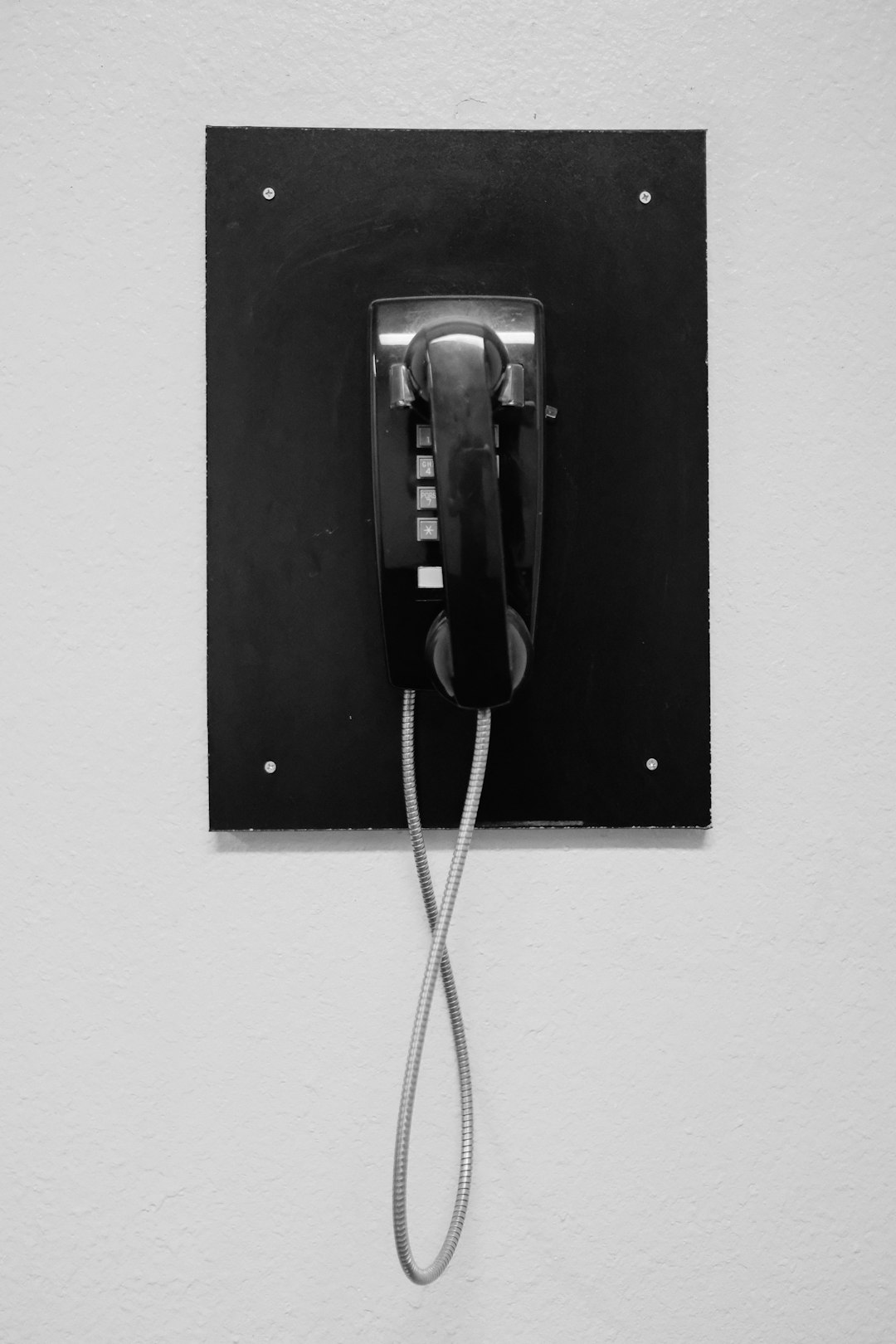Robocalls have become a major nuisance in Newark, with many residents receiving unsolicited automated calls from businesses and scammers. The Delaware Telemarketing and Consumer Fraud Prevention Act restricts robocallers from contacting residents without their consent. Residents can protect themselves by registering on the National Do Not Call Registry, using call blocking apps, and reporting suspicious calls to the Delaware Department of Justice or consumer protection agencies. A robocall law firm in Delaware offers guidance and legal action against unlawful robocallers, emphasizing the need for community awareness and education through workshops, social media engagement, and partnerships with local organizations.
In today’s digital age, robocalls have become a ubiquitous nuisance, with scammers targeting individuals across Newark. This article delves into the rising concern of automated phone calls, focusing on their impact and how residents can protect themselves. We explore the relevant Delaware laws surrounding robocalls and provide practical strategies for spotting and preventing these scams. Moreover, we discuss effective robocall awareness campaigns, emphasizing the role of a robocall law firm in Delaware to educate and empower citizens.
Understanding Robocalls and the Delaware Laws

Robocalls, automated phone calls that deliver pre-recorded messages, have become increasingly prevalent and a significant nuisance for many Newark residents. While they can be used for legitimate purposes like political campaigns or market research, robocallers often violate consumer privacy and engage in deceptive practices. In Delaware, these automated calls are regulated by the Telemarketing and Consumer Fraud Prevention Act, which aims to protect residents from unwanted and misleading communication.
The state law prohibits robocallers from making automated calls to Delawareans without their prior consent. This includes sales calls, political messages, or any other form of telemarketing. Residents have the right to file complaints with the Delaware Department of Justice if they suspect a violation of these laws. A robocall law firm in Delaware can guide individuals on their rights and take legal action against violators, ensuring that residents are protected from unwanted and illegal robocalls.
The Impact of Robocall Scams in Newark

Robocall scams have become a significant concern for residents in Newark, Delaware, and across the nation. These automated phone calls, often disguised as legitimate business or government messages, are designed to trick recipients into providing sensitive personal information or performing actions that benefit fraudsters. With the rise of advanced technology, scammers have found new ways to target victims, making it easier than ever to fall prey to these deceptive practices. In Newark, a city with a diverse and tech-savvy population, the impact of robocall scams is profound.
Many residents report feeling disturbed and vulnerable after receiving numerous unsolicited calls from unknown numbers. These scams can range from simple marketing efforts to complex schemes involving identity theft and financial fraud. A robocall law firm in Delaware has noted a steady increase in complaints, highlighting the need for awareness and education among the community. By understanding common robocall tactics and staying informed about local initiatives, Newark residents can better protect themselves and become an integral part of combating this growing digital threat.
How to Spot and Prevent Robocalls

Robocalls, automated phone calls that deliver pre-recorded messages, are a common nuisance, but they can also be illegal. In Newark, as in many places across the US, robocall laws are in place to protect consumers from unsolicited and deceptive calls, particularly from robocall law firms. To spot a robocall, look out for unknown numbers, automated voice prompts, or pre-recorded messages. These calls often attempt to sell products, services, or legal aid, even if you haven’t requested it.
Preventing robocalls involves several simple steps. You can register your number on the National Do Not Call Registry, which restricts most telemarketing calls. Utilizing call blocking apps and settings also helps. Additionally, be cautious when sharing your contact information online or through social media. Remember, legitimate businesses respect your privacy, so always verify the source before providing personal details. If you suspect a robocall from a law firm in Delaware, document the caller’s information and report it to local authorities or consumer protection agencies for further action.
Strategies for Effective Robocall Awareness Campaigns

Robocall awareness campaigns in Newark, Delaware, require a multi-faceted approach to be effective. One key strategy is education—informing residents about the existence and impact of robocalls. This can be done through community workshops, webinars, or partnerships with local schools and community centers to reach a wide audience. Engaging with residents on social media platforms and utilizing targeted online ads can also raise awareness, especially among younger demographics.
Another effective tactic is collaboration between government agencies, non-profits, and robocall law firms in Delaware. By pooling resources and expertise, these entities can create more robust and widespread campaigns. Encouraging citizens to report suspicious calls and providing clear channels for feedback enhances community involvement. Regular updates on new robocall trends and scams help keep the public informed and proactive in protecting themselves from unwanted calls.






